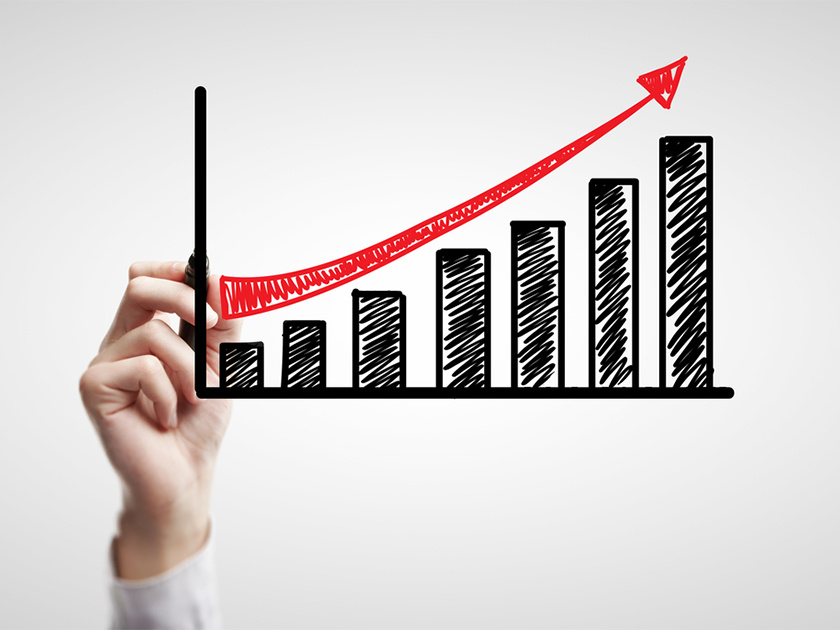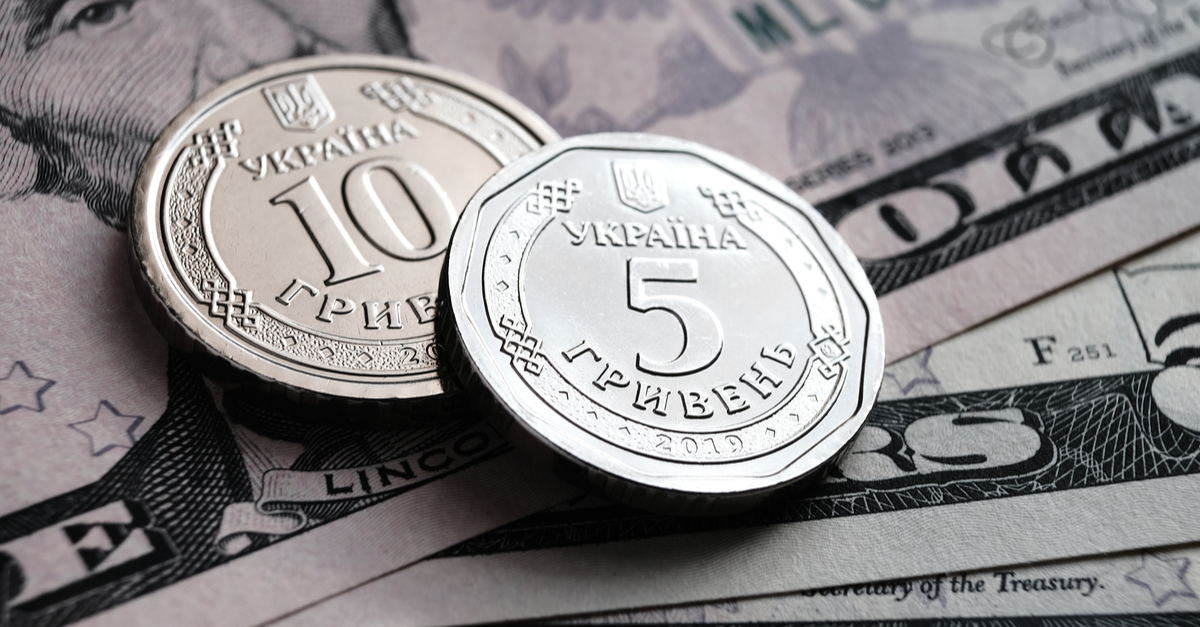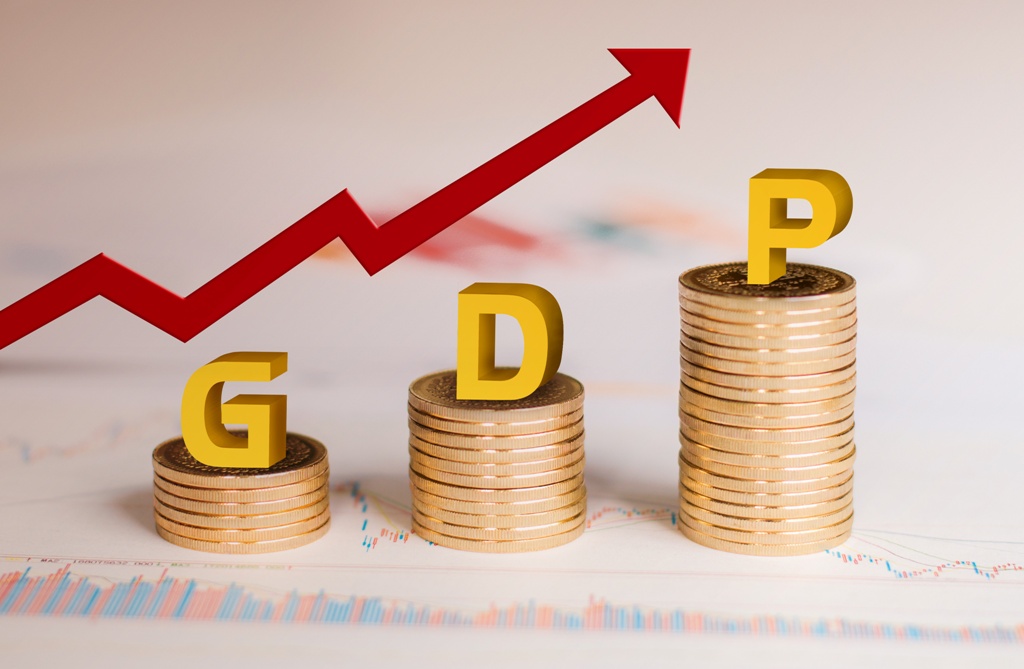What is GDP and what role does GDP play in a country.


The topic of the financial system is always interesting and has many important nuances. First of all, it is important to understand what GDP is and how this tax system works in general. Knowing what GDP is, is essential for every conscious citizen of the country.
It is also important to know what it is because GDP has a significant impact on the country's economy. Such taxes work in countries that are developed as well as those facing economic problems.
What is GDP?

Let’s start with what GDP is. In translation, it means Gross Domestic Product. To put it simply, it is a conditional indicator. It serves as a kind of reflection of prices for services and goods. These services and goods were produced by the country. To obtain this indicator, a specific Time period is always taken. Usually, this is about a year. Based on this, GDP is an important economic indicator. It has a whole range of functions:
-
GDP helps measure the level of economic activity in the country, that is, how effectively the economy is functioning. First of all, such an indicator is quite important for understanding effective internal policies within the country.
-
This indicator is used to compare the economic state of different countries, as it allows assessing how many goods and services are produced in various economies. This means that GDP can be compared between countries, and it will serve as a kind of international comparative unit. Then, there will be no need to compare other indicators.
-
Changes in GDP allow for evaluating the rates of economic growth or contraction. A growing GDP usually indicates a healthy economy, while a declining GDP may indicate economic problems.
-
Governments and central banks use GDP data to make decisions about fiscal and monetary policies, such as taxes and interest rates. In other words, this indicator influences a whole range of important economic decisions within the country.
-
GDP helps forecast future economic trends, which is important for businesses, investors, and planning long-term economic strategies. This process is quite complicated, but it is very useful for analysis and making economic forecasts.

In some cases, GDP per capita is used to assess the standard of living and compare it between different countries.
How and why is GDP calculated?
GDP is calculated based on several key components that together reflect the overall economic activity of the country. Therefore, GDP varies each year: the indicator depends on several interconnected factors. In general, GDP can be calculated in different ways. However, the list of influencing factors is almost always the same.

So, the first important factor is consumer spending. This includes all household expenditures on goods and services. These are various types of expenses, from food to services such as education and health care. Next, investment and its size should be considered. They include expenditures on the creation of new capital assets, such as the purchase of equipment, construction of buildings and structures, as well as investments in inventories of goods. This category includes both business investments and individual investments, for example, in housing.
One of the most complex factors relevant to GDP is government spending. These are the government expenditures on goods and services, including salaries for government employees, defense, education, and infrastructure. Transfer payments, such as pensions and unemployment benefits, are not included here, as they are not payments for goods and services.
When understanding how GDP is formed, it is worth mentioning net exports. This is the difference between the value of goods and services that a country exports (sells abroad) and the value of those it imports (buys from abroad). In general, for GDP, it is important that exports exceed imports. Then net exports will be positive, as well as increased GDP.

To calculate GDP, one can often use the production method and the income method. However, such complex formulas are not particularly useful or necessary for an ordinary citizen of their country.
How does GDP impact the economy of a country?
GDP benefits the country in several aspects, influencing the economy, politics, social welfare, and international relations. First of all, GDP serves as the main indicator of the economic health of the country. Changes in tax rates, regulation of interest rates, management of inflation, and control over the unemployment rate depend on a certain GDP. In other words, many diverse indicators influence the citizens of the country afterward.

Additionally, GDP helps the government assess tax revenue and plan budget expenditures. This is important for sustainable funding of social programs, infrastructure projects, and other government initiatives.
Read also
- UN investigation confirmed Russia's guilt in the terrorist attack in Olenivka in 2022
- The Defense Forces struck the occupied Donetsk and Luhansk: video
- The old 5-hryvnia banknote brought 17 thousand: which banknotes are worth crazy money
- Fines for drivers and confiscation of cars: Germany has tightened rules for Ukrainians
- July gas tariffs have already been set: who will pay significantly more
- Zelensky on drone production, sanctions against Russia and Ukraine's path to NATO: main points from the address










